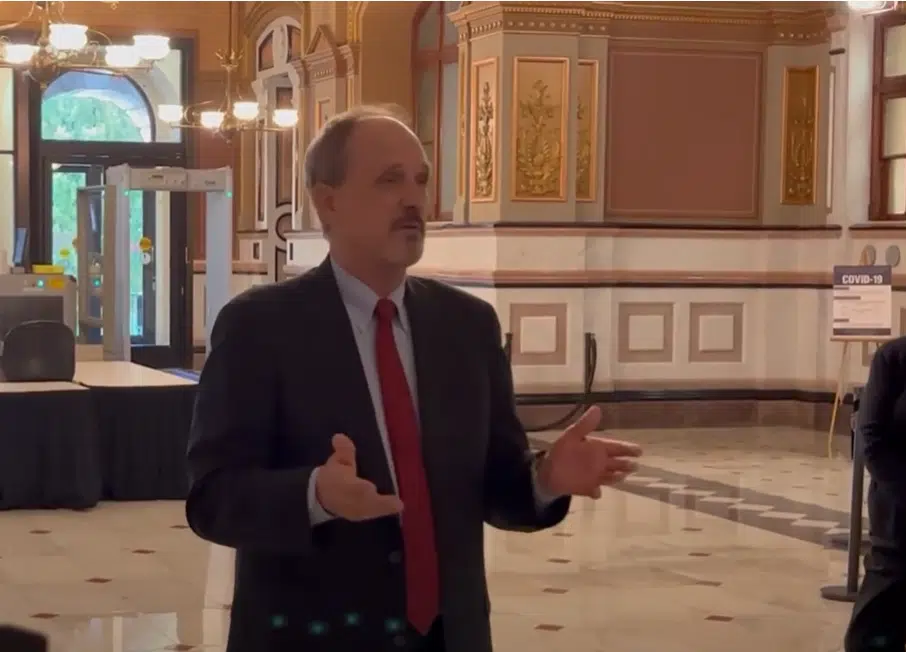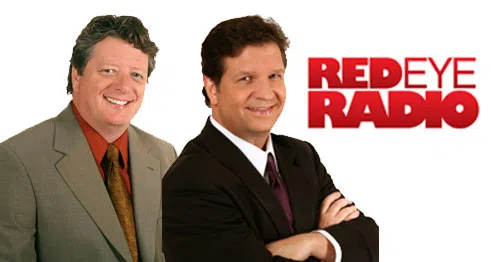On Friday, David Shestokas filed “Kathy Siracuse, Petitioner, v. Patrick Dullard, Respondent-Objector, Kathy Michael, in her official capacity as McLean County Clerk, Respondents.
Shestokas is requesting a judicial review arguing that ” the decision of the (Normal) Electoral Board should be reversed because regardless how the “Town of Normal” chooses to present itself to the world, under the Municipal Code of Illinois it is a Village,”
Shestokas is asking the “court enter its judgment reversing the decision of the Electoral Board, and order that the Petitioner’s “Referendum to divide the town into six districts with one trustee elected from each district” be printed on the November 8, 2022, General Election ballot.”
Dullard alleged in his Objector’s Petition that he objected, because;
“the section of municipal code cited in the petition applies solely and specifically to Villages in the State of Illinois and does not apply to an incorporated Town, such as the Town of Normal, thus making the petition invalid. To support my objection, I cite the very language referring only to Villages in 3.1-25-80 and further:
a. (65 ILCS 5/1- 1- 4) (from Ch. 24, par. 1-1-4) Sec. 1-1-4. This Code shall apply generally to all municipalities which are treated as properly incorporated under this Code as provided in the first paragraph of Section 1- 1- 3 and to all municipalities which are incorporated under this Code…
However, if a particular section of this Code is limited to cities or villages or incorporated towns or any combination thereof, or to cities, villages, or incorporated towns of a specified type or any combination thereof, that intention shall prevail.
Because each paragraph of Section 3.1-25-80 refers only to Villages, the Illinois General Assembly did not, by statute, authorize a referendum in a Town such as is sought by Petitioners.”
Acording to Shestokas appeal, “Since at least 1877, the Illinois Supreme Court has defined and affirmed numerous times that the terms “incorporated towns” are “villages” for the purposes of Illinois law have the same meaning.
When the issue presented itself shortly after enactment of the 1872 Municipal Code the response was: “Such an organization was formerly always called “an incorporated town,” while in our later statutes they are frequently called “villages,” but mean the same thing… Martin v. People ex rel. Huck, 87 Ill. 524 (1877)”
“Over time, the term “incorporated town” while a vestigial quirk of Illinois history, the definition as synonymous with “village” was entrenched in Illinois law. That status has never been altered by the Illinois Supreme Court.”
The relevance of those late 19th century and early 20th century Illinois Supreme Court cases, beyond the judicial definition of municipal entities, is they provide understanding how the terms “village” and “town” were interchangeable at the time Normal chose the name it employs today: “Town of Normal”, is the equivalent of a DBA rather than a statement of legal status,”
Shestokas also makes another argument. According to him, “The issue is how a municipal government operates under the law. How a municipality uses the words, Town, Village or City in their name is irrelevant when it comes to how they legally operate.”
Shestokas says. “65 ILCS 5/3.1-25-95 states that starting in 1985 and thereafter incorporated towns with a population of over 25,000 “shall” have an elected clerk. There is no provision provided for incorporated towns to appoint a clerk.
The law states that this elected position is mandatory with the words “shall be elected”. The law expands and says “every incorporated town” shall have an elected clerk. This is spelled out in 65 ILCS 5/3.1-25-95. It states:
“For the general municipal election to be held in the year 1985 in every incorporated town with a population of 25,000 or more by the last official census, and every 4 years thereafter, the municipal clerk shall certify the names of the candidates to the proper election authority as provided by the general election law.
A president, a clerk, an assessor, a collector, and a supervisor shall be elected for a term of 4 years and until their successors are elected and have qualified.””
Shestokas continues, “Normal has a population over double what the state mandates for Incorporated Towns to have an elected clerk. Yet Normal has no elected clerk. This elected position is required for every incorporated town with a population of 25,000.”
Shestokas summarizes, “There is no other option. The BOARD erred, as a matter of law, in assuming that Normal is an “incorporated town”. It is of note that the BOARD provided no legal authority for its conclusions and should be overruled by this honorable court, conducting a de novo review
Allow the 2,200 citizens who signed this petition to have their question put on the ballot, Shestokas concludes.



















